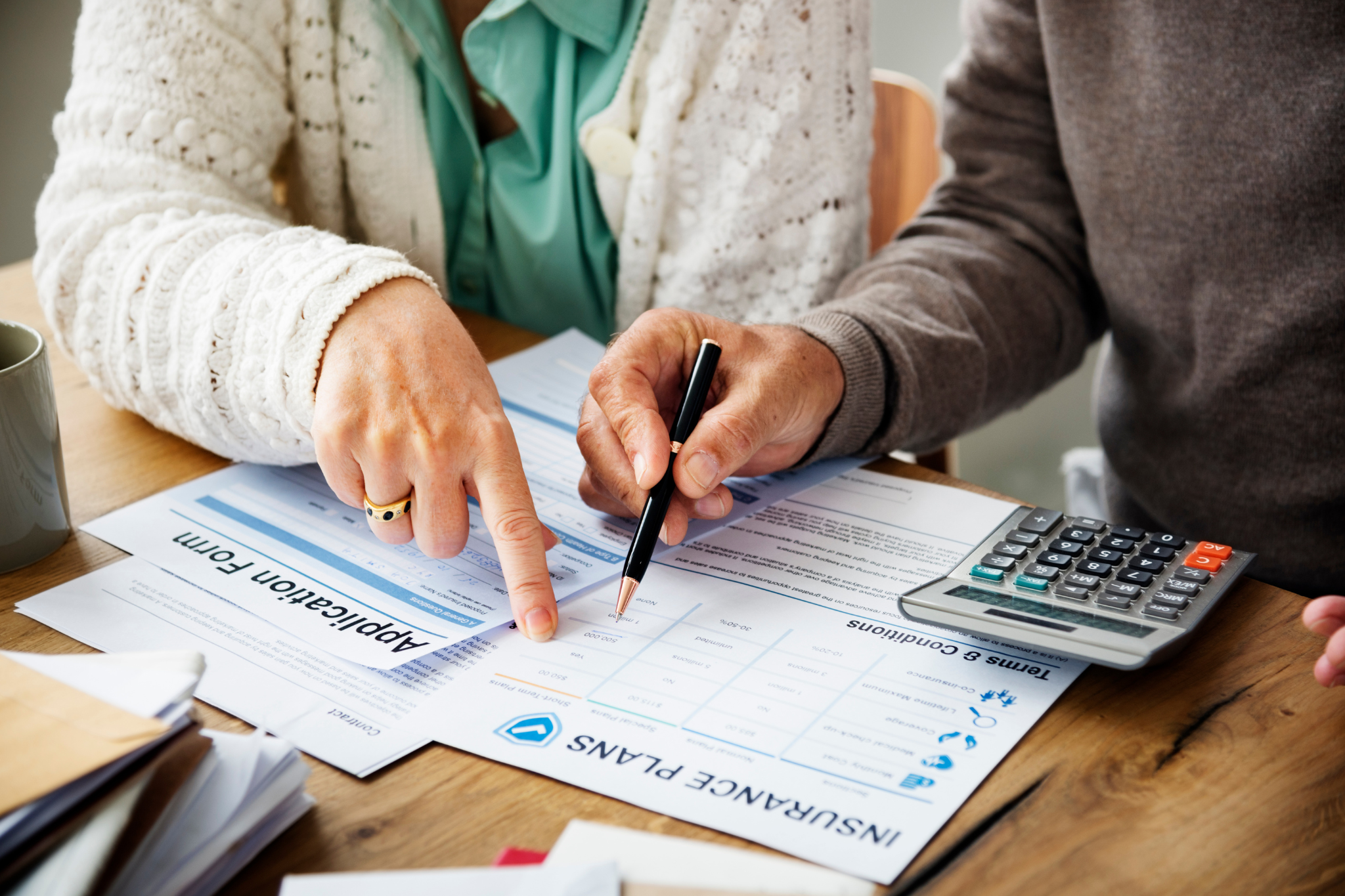
Seeing red: How to handle debt collectors
Last updated on July 19th, 2024
Are you being hounded by a debt collector? Are there endless phone calls and texts? Perhaps they are even calling or texting family members or friends to try to get hold of you. Here’s how to handle debt collectors.
No one wants to be chased for money, especially at a time they are feeling vulnerable and under financial stress. While businesses are entitled to expect payment for a product or service, there are rules and regulations around debt collection. There are also places you can go to get help dealing with debt collectors, so don’t feel backed into a corner.
What can debt collectors demand?
Understanding how to deal with debt collectors can make the process less intimidating and ensure that you're treated fairly.
Debt collectors, such as Slater Byrne Recoveries, Marshall Freeman and Brodie Collection Services, are typically hired by companies to which you owe money. These range from credit card companies and lenders to services such as phone or utility providers. If you've defaulted on a loan, missed credit card payments or have unpaid bills, these companies may hire a debt collector to recover the money owed.
Various types of debt can be referred to a debt collector. These include:
-
- Credit card debt
- Personal loans
- Car loans
- Mortgages
- Unpaid utility bills
- Healthcare bills
- Parking fines or tolls
Essentially, any debt that remains unpaid for a significant period can be sent to a debt collection agency.

How to respond to a debt collector
Whether you are contacted via phone, email or the post, it can be distressing to receive a letter of demand, but it's important to stay calm. Know your rights and follow these simple steps when dealing with debt collectors:
Respond promptly
Ignoring debt collector calls and letters won't make the debt go away. In fact, it can make the situation worse. The best way to handle debt collectors is to respond promptly; it shows them how seriously you’re taking the issue and that you are keen to resolve the issue.
Confirm the debt
Ask for detailed information about the debt. This should include who the original creditor was, the amount of the debt, and any fees or charges accrued. Double-check this information to ensure it corresponds with your records. You can dispute the debt if you're unsure whether it is yours or if the amount they are claiming differs from your records.
Be honest
Be upfront about your financial situation. If you genuinely cannot pay, let the debt collector know. They may be willing to work with you to create a realistic repayment plan.

Negotiate a payment plan
If you can't pay the total amount immediately because of financial hardship, try to negotiate a payment plan with the debt collector. This could involve making smaller payments over a longer period. It's crucial to ensure the plan is realistic and affordable, or you will end up missing payments again.
Keep records
Keep a record of all communications. This includes letters, emails, and notes from phone calls. This can be helpful if there's a dispute about what was said or agreed upon.
Update contact details
If you change your address or phone number, update your creditors with the new information. This ensures that you receive all communications regarding your debt and prevents any misunderstanding about whether you were notified about the debt.
Consult a financial counsellor
If you're unsure what to do or need advice on handling the situation, consider contacting a financial counsellor. These professionals can provide free, independent, and confidential advice about your financial situation.
Get free legal help
If you feel overwhelmed or unsure about your rights, seek free legal help. Community legal centres and Legal Aid agencies around Australia can provide free advice and assistance.
Where do I complain about a debt collection agency?
There are rules and regulations about what a debt collector can do in Australia. If you believe a debt collection agency is not following the law or is mistreating you, there are two main regulatory bodies you can reach out to for assistance - the Australian Competition and Consumer Commission (ACCC) and the Australian Securities and Investments Commission (ASIC).
Either authority can take action if it finds that a debt collector is breaching the law. Neither resolves individual complaints but the ACCC can use your complaint to help them identify and address issues in the industry.
Like creditors, debt collectors must protect your personal information. If you believe either has broken privacy laws, contact the Office of the Australian Information Commissioner.
If you feel that you are being unduly harassed or pursued for a debt you don’t owe, lodge a complaint with us, and we’ll help you handle it.






